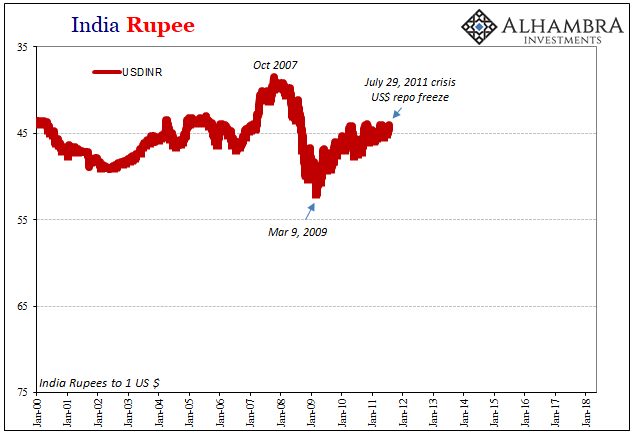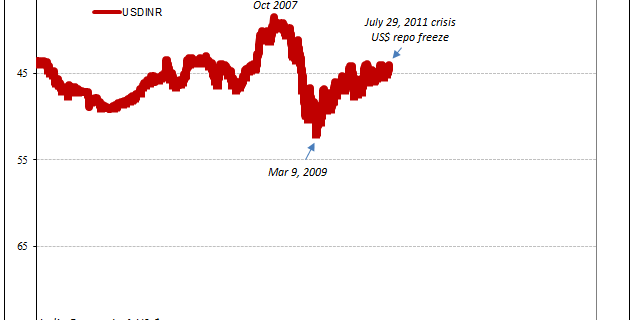The sweeping tide of populist election victories has not been limited to just the US and Europe. There have been torrents in Asia, too. Though there is some disagreement whether he counts among them or not, India's Narendra Modi swept to a historic electoral triumph in May 2014 sure sounding a lot like one, maybe even one of the first.
In it, Modi's Bharatiya Janata party (BJP) totally unseated the Congress party that had held the government since 2004, and for 49 of the 67 years before then. As UK's Guardian put it, “Experts say the political landscape of India has been transformed. The vote is the most decisive mandate for any Indian leader since the 1984 assassination of prime minister Indira Gandhi propelled her son Rajiv to office.”
Like European and American populists, this wasn't supposed to happen. Modi's campaign prior to the election was widely mocked (by all the “right” people, too). He appealed largely to a growing sense of unease, one that wasn't shared by people doing well nor much acknowledged in official communications.
One of his more popular slogans, particularly toward the end of the campaign, was Bahut Hui Mehngai Ki Maar, Abki Baar Modi Sarkar. Critics panned the simple mindedness, often posting derogatory memes with Modi as the punchline (in one, the Joker asks Batman, “do you know where I got my scars?” to which the superhero replies, “Ab Ki Baar Modi Sarkar.”)
Roughly translated, the catchphrase was, “enough of inflation, it's now time for Modi's government.”
For much of the Great “Moderation” India's currency was pretty stable. During the 2000's up until the Great Financial (Dollar) Crisis, there was practically no volatility in it at all. During the panic, the rupee fell like so many others – ending the “devaluation” exactly on March 9, 2009.

Recovering quickly, it wasn't until the 2011 crisis (again, an exact match for it) the rupee and India's inflation problems really began. In that way, INR has been a pretty good indicator for global “dollar” conditions and especially this post-2011 sort of permanence to it all. This has been so even though India's economy by and large hasn't been all that greatly disturbed by the eurodollar's ongoing negative influence.



